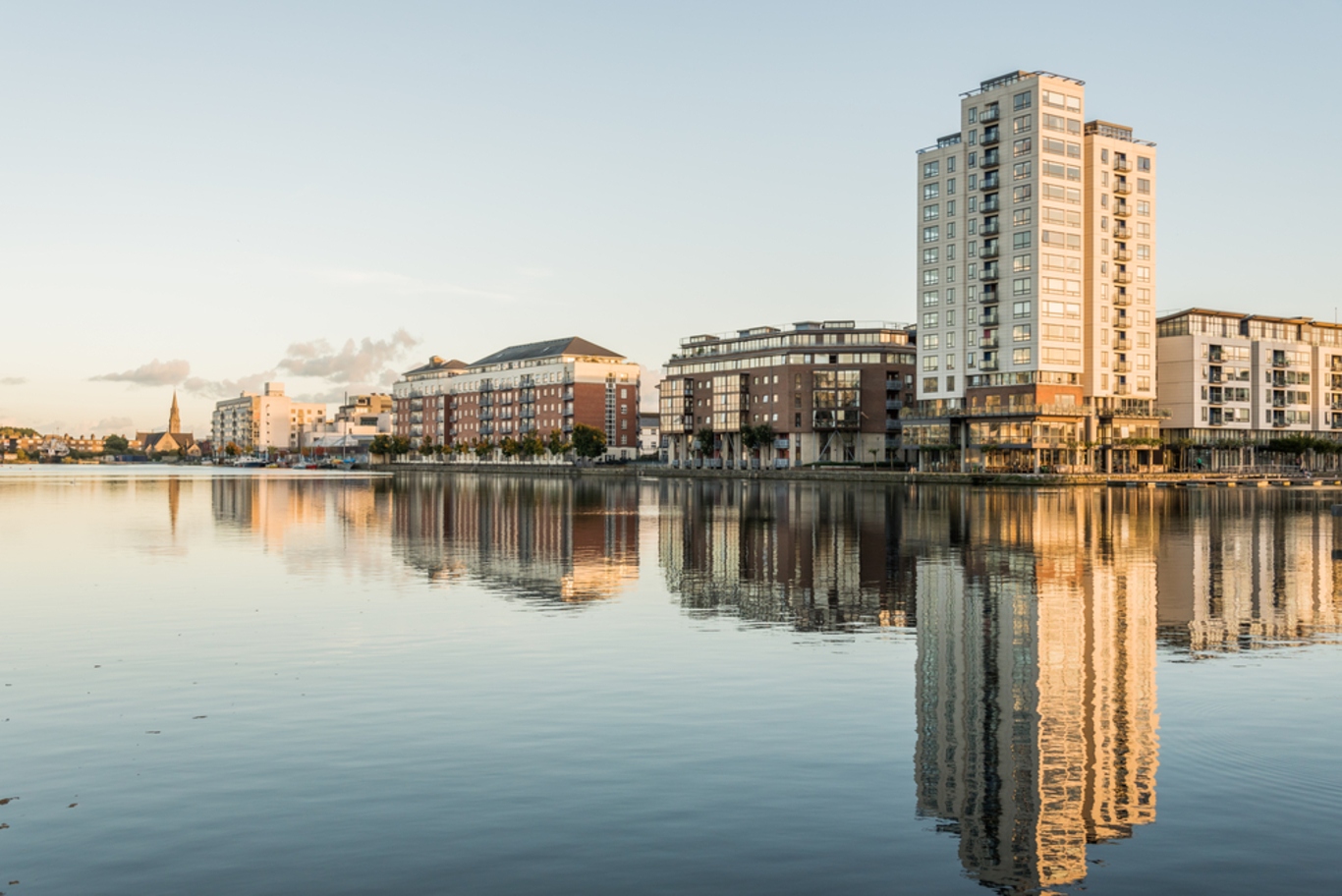Brexit is poison - but there's still hope for prosperity when it comes to Irish tech
While there will be growing pains, the UK’s loss will ultimately be Ireland’s gain.
IF NOTHING ELSE, the events of 23 June 2016 demonstrated the folly of making predictions about Brexit.
It remains difficult to imagine just what the United Kingdom will look like come 29 March. Hard or soft, deal or no deal, in or out, whatever poison Britain finally picks, economists expect that the country is in for a shock.
While visitors to Belfast still remark on the 25-foot “peace walls” that divide the city, the border between the Republic and the North goes unguarded and almost unmarked.
The matter of the border is the most pressing, and consequently most-discussed, Irish issue in the Brexit negotiations. But Ireland’s concern with Brexit extends beyond worries about the Good Friday Agreement.
As we all know, Ireland and the UK are major trading partners, and according to the British government, the Republic is the single largest export market for Northern Ireland.
If Brexit rewrites the regulations for trade between the Republic, the North and the rest of the UK, the Irish economy could face its worst decline since bear markets clawed the Celtic Tiger to death.
Opportunities
The internet — the occasional ‘Great Firewall’ aside — has no borders and few barriers, yet its human architects too often find themselves restricted by their passports.
The European Union’s freedom of movement allows coders and entrepreneurs the freedom to spread their innovations across a continent. Estonia emerged from Soviet privation to become a major tech hub, while Sweden’s Spotify has nearly 200 million users. Would such successes be possible in a more divided world?
Ireland as a whole has no reason to look forward to the political and economic upheaval of Brexit.
Tourism and agriculture, both major industries, may incur substantial losses, and while the Taoiseach’s office may have contingency plans in place, they haven’t been fully divulged to the public.
At the same time, the unwanted Leave vote might well offer certain Irish industries opportunities for growth. Financial services, for centuries dominated by the City of London, is one such area. Technology is another.
Reputation
The Republic of Ireland already has a substantial reputation as a technology centre, and over the past two decades, many major tech companies have established European headquarters here and innovations are brewing all over the city.
The Guinness brewery stands on land that Arthur Guinness leased in 1759 for £45 per annum. The company eventually purchased the land outright when it expanded it brewing operations, but it still had time on the lease: Arthur Guinness, rightly confident in his stout, had stipulated a 9,000-year term in the initial contract.
Today, a former Guinness storehouse in the Liberties neighbourhood of Dublin houses the nation’s Digital Hub, which provides office space for dozens of tech companies, from startups to multinationals.
While none of these companies, to my knowledge at least, brew stout, all of them have Guinness-level ambitions. Indeed, several companies, including Stripe, Etsy and Slack, have already grown sufficiently large that they’ve “graduated” from the hub and gone in search of larger offices.
What brought these companies to Ireland? Some important advantages Ireland shares with the United Kingdom – easy access to the continent and to the Americas, an English-speaking population – but other amenities, like inclusion in the eurozone, frequently led tech companies to put down their roots in Dublin rather than London.
Facebook, Google, Twitter and Airbnb all set up shop by the Liffey while the UK remained a member in good standing of the European Union – how many Thames-side firms will follow them post-Brexit?
It’s a particularly poor time to lose tech companies. Technology has been thriving for more than a decade and many analysts believe we’re on the verge of another computer revolution.
Emerging technologies like the Internet of Things, blockchain, artificial intelligence and quantum computing all promise to transform the world in coming years; the Irish can be forgiven for hoping that proximity breeds prosperity.
Constraints
That said, there are genuine concerns about Ireland’s capacity for accommodating more tech workers, especially in Dublin. The capital is already facing a housing shortage, and some locals might sigh with relief were companies to look towards Cork or Galway.
Growing pains aside, I believe, in the tech industry at least, that the UK’s loss will finally prove to be Ireland’s gain. Yet surely a mutually beneficial outcome might have been possible.
As the founder of a technology company with offices on three continents, I often reflect on the opportunities our connected world has brought my firm and my colleagues; I worry that stronger restrictions on mobility will produce weaker companies.
Enterprises the world over run Google Suite programs, often on Apple computers. I pause to consider: Google’s Sergey Brin emigrated from Russia as a child and the late Steve Jobs was the son of a Syrian immigrant.
Will Brexit and its kindred movements around the world prevent such fortunate arrivals, or at least make them less likely? Let’s hope they will not.
David Wachsman is the CEO of professional services firm Wachsman.






